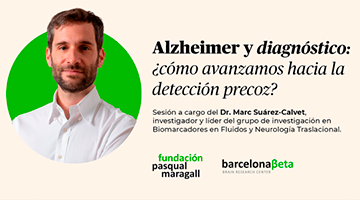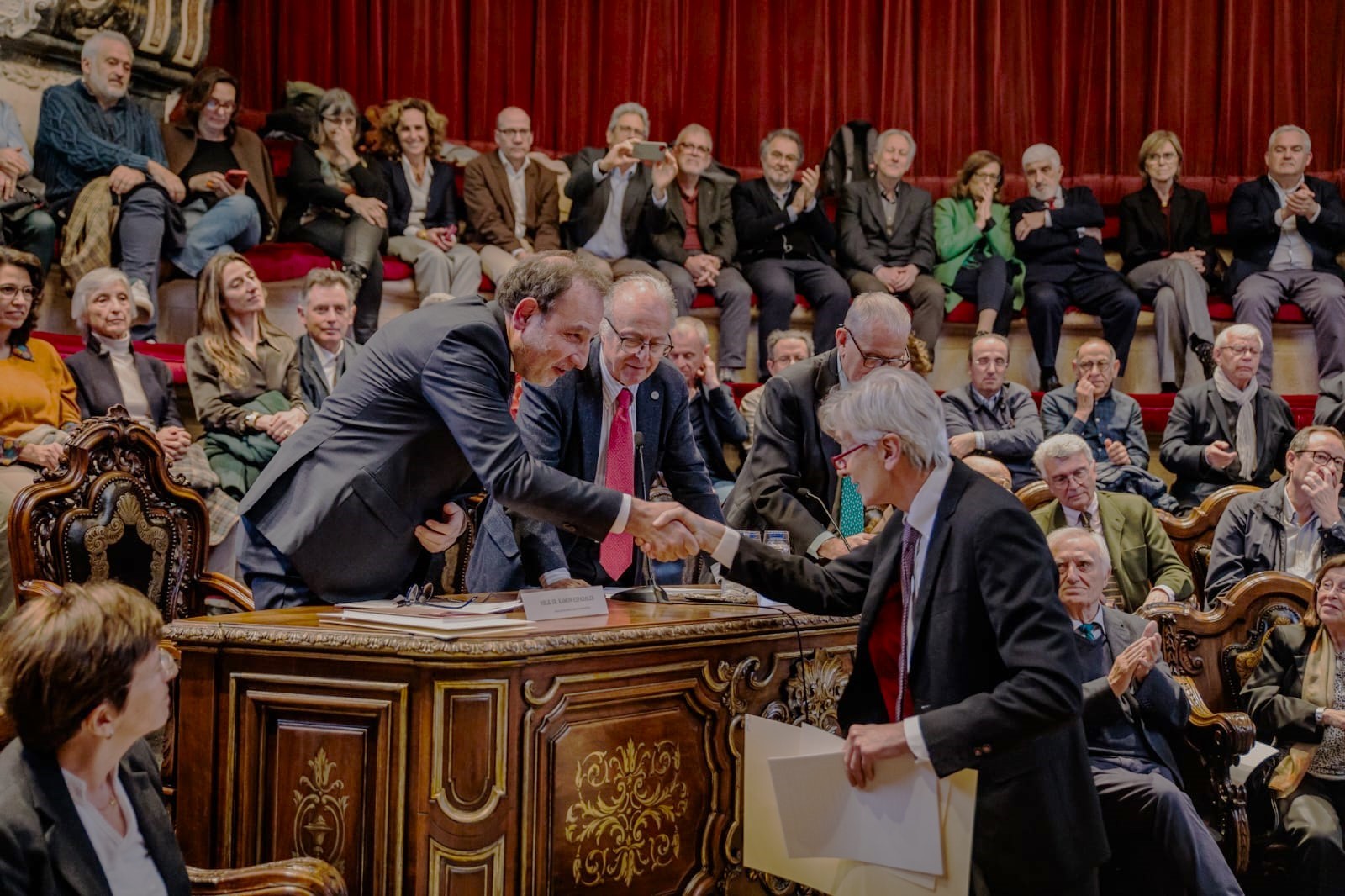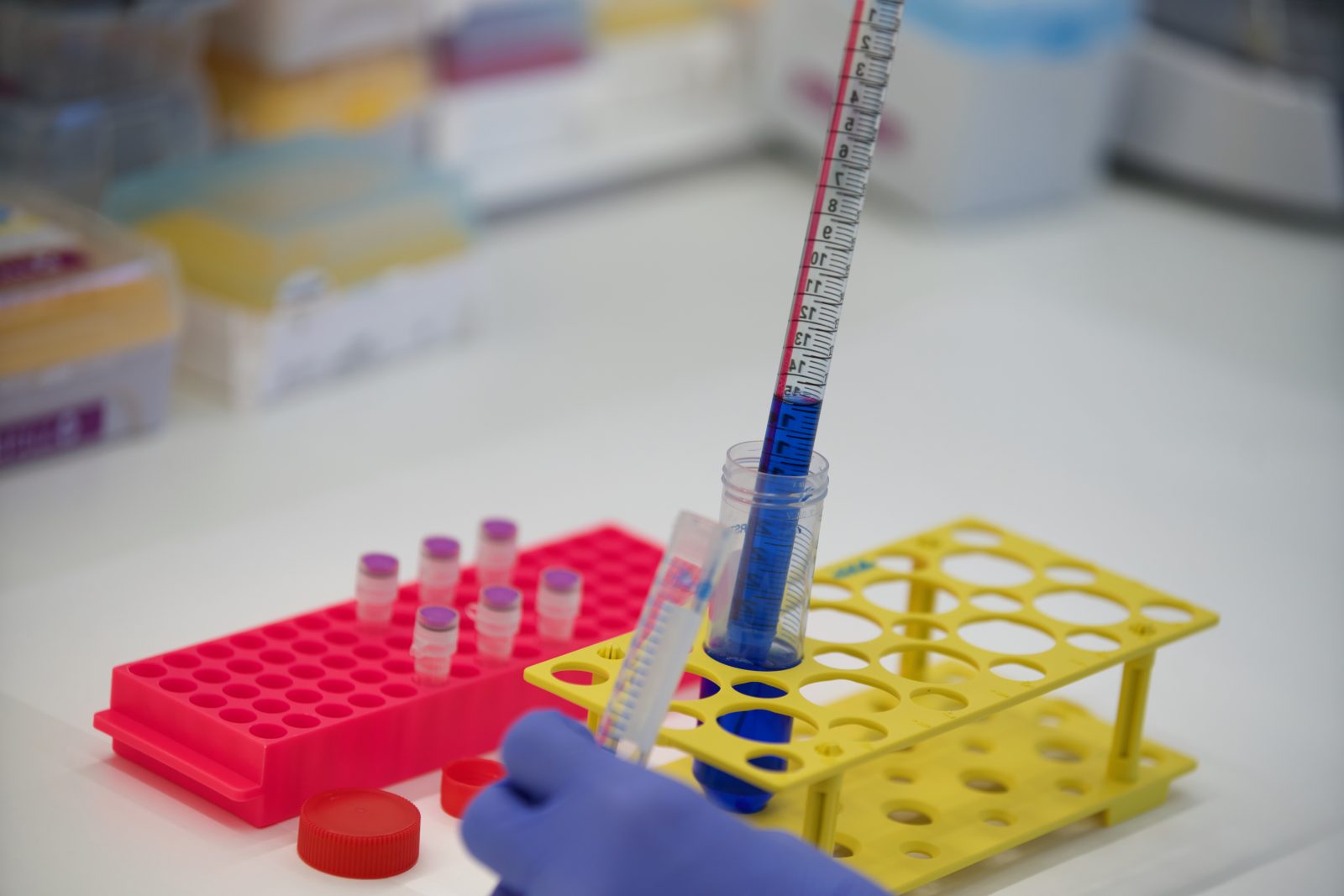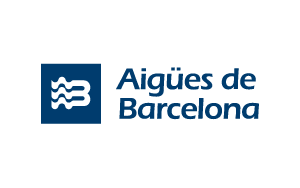Every year, during the month of November, Science Week is celebrated, with the aim of bringing science and technology closer to all audiences and encouraging scientific vocations among the youngest. At the Pasqual Maragall Foundation, we believe that science is the only way to end Alzheimer's disease.
For this purpose, we have participated in Science Week by celebrating a Instagram Live in which Dr. Marc Suárez Calvet, researcher and leader of the research group on Fluid Biomarkers and Translational Neurology at the Barcelonaβeta Brain Research Center (BBRC), spoke about the current process of diagnosing Alzheimer's disease, its genetic component, and how research is advancing towards early detection.
The researcher began the talk by explaining that, although much progress is currently being made in the early detection of biomarkers, the diagnosis of the disease is still clinical and requires the presence of symptoms of cognitive impairment. He also pointed out that Alzheimer's is not due to a single cause in most cases, but to a combination of various risk factors.
As has been clearly demonstrated in the survey on “Attitudes and perceptions of the Spanish population regarding Alzheimer's”, prepared by the Foundation this year, up to 571% of Spaniards believe that this disease is transmitted from parents to children.But this is nothing more than a myth., given that the Hereditary cases are extremely rare, while sporadic Alzheimer's, associated with multiple factors, is much more common.", the expert pointed out.
The researcher continued the talk by explaining the latest advances in the diagnosis of the disease. He highlighted that his research group is developing biomarkers to enable Alzheimer's to be detected with a blood test.This test would in no way replace other tests, such as lumbar puncture, but would be complementary, providing other effective tools for diagnosing the disease.", the researcher said. A test that, together with the control of the risk factors of the disease, could give a new direction in the approach to the disease.
Regarding these determining factors, Dr. Suárez has pointed out that many of them are modifiable, such as those related to cardiovascular risk, which is why "eIt is important to work on protective factors, and this can be done by exercising, sleeping well and taking care of your hearing, in this way neurodegenerative diseases can be prevented.”
Dr. Suárez also spoke about the treatment of the disease, outlining the need to develop new drugs, and stressed that, “Although the mechanisms of the disease are known, it is crucial to adapt this knowledge and transfer it to patients. The goal is, on the one hand, to achieve effective non-pharmacological interventions and, on the other hand, to create new drugs that can modify and slow, even if only to a small extent, the onset of Alzheimer's.”.
Finally, Dr. Suárez has remarked that “From the Barcelonaβeta Brain Research Center, a research center of the Pasqual Maragall Foundation, they carry out continuous research with specialized multidisciplinary teams. This work allows us to advance in the understanding of the disease and develop innovative strategies for its prevention and treatment.”.
You can recover the full conversation here.
All the latest news about the studies being carried out by the Barcelonaβeta Brain Research Center can be found on its Web page.































